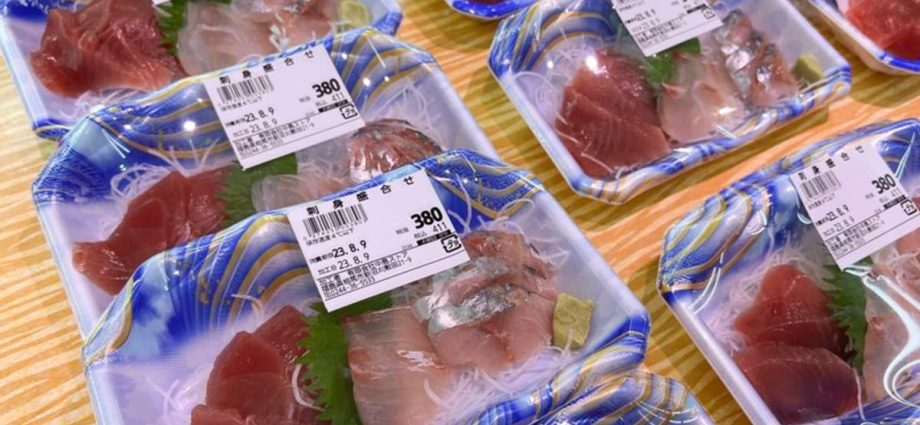
TOKYO: Japan expects a “significant” impact from the seafood import ban by Hong Kong and Macao due to the upcoming release of treated water from the Fukushima nuclear plant, said an official from the Ministry of Agriculture, Forestry and Fisheries (MAFF).
Japan is to start releasing more than 1 million tonnes of treated radioactive water from the destroyed Fukushima nuclear power plant into the sea on Thursday, more than a decade after the accident and amid harsh criticism from China.
China, the biggest importer of Japanese seafood, will take measures to protect its marine environment, food safety and public health, the foreign ministry said on Wednesday. Beijing has already banned imports from some Japanese regions.
In the latest set of measures, the Asian financial centre of Hong Kong and the gambling hub of Macao – both special Chinese regions – will ban aquatic product imports from 10 Japanese regions including Tokyo and Fukushima from Thursday.
The impact of the Hong Kong and Macao seafood bans could not be immediately calculated but would be “significant”, the official at MAFF said, declining to be identified due to the ministry’s policy.
China, also Japan’s top scallop buyer and a major consumer of sea cucumbers, imported 87.1 billion yen (US$600 million) worth of Japanese seafood last year, or a fifth of Japan’s total seafood exports, according to the MAFF data.
Hong Kong, Japan’s second-biggest seafood market after mainland China, which the ministry calculates separately, bought 75.5 billion yen worth of seafood from Japan, the data shows. Japan seafood export data includes pearl exports.

